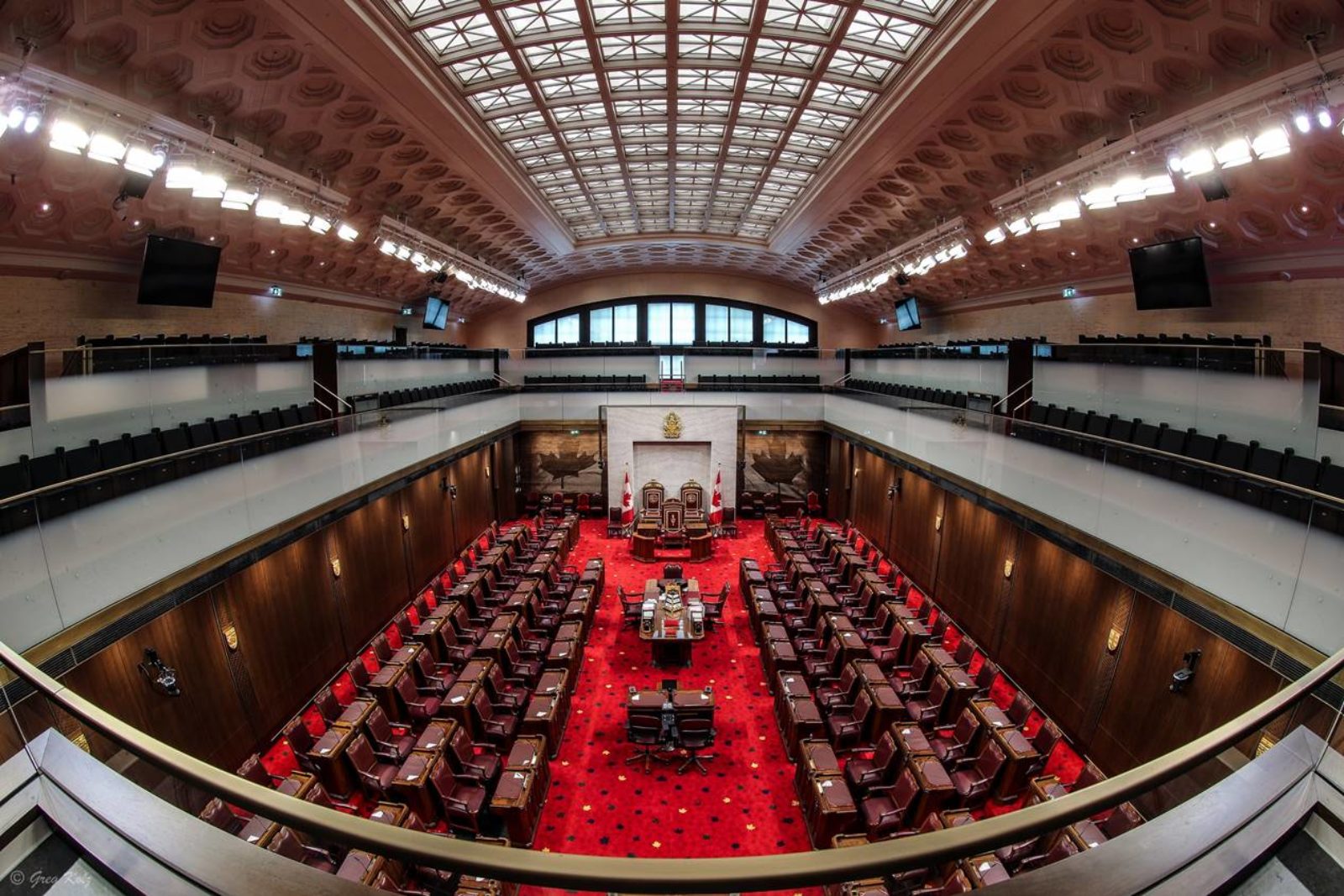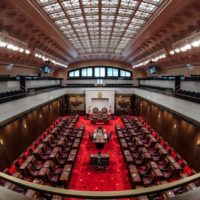
News
Senate adopts bill to reflect more independent institution
Bill S-4 updates the Parliament of Canada Act.
A Government bill that proposes changes to reflect the new reality of a more independent and less partisan institution has been adopted in the Senate.
The bill now moves to the House of Commons for consideration.
The legislation provides for the equitable treatment of Senate leadership groups, including extending consultations on the appointment of certain officers and agents of Parliament to all official Senate groups.
- Read the speech by Senator Peter Harder, who is sponsoring the bill.
The Parliament of Canada Act is currently framed along the Government/Opposition model in the Senate and does not recognize the growing contingent of independent Senators and groups they represent.
In December 2015, the current Government created a new arm’s-length body to advise the Prime Minister on Senate appointments, with a focus on diversity and gender balance. So far, 52 independent senators have been appointed under the new process.
While senators used to be divided along party lines – either Liberal or Conservative – there are now three new groups not linked to a party in the House of Commons: the Independent Senators Group, the Canadian Senators Group and the Progressive Senate Group. Under the more independent model, the Senate has made significant legislative contributions, most recently improving the law on medical assistance in dying.
Bill S-4 proposes to update the Parliament of Canada Act by extending certain provisions – currently only given to Government and Opposition groups – to other recognized groups in the Senate.
The legislation proposes to give all Senate leaders the ability to change the membership of the Standing Senate Committee on Internal Economy, Budgets and Administration. The new law would also provide equality in funding of leadership allowances.
The Government is now represented in the Senate by a team of three Senators, who are responsible for both shepherding the Government’s legislation through the Senate and championing renewal in the changing institution. Although the three Senators represent the Government, they do not sit in a partisan caucus and do not lead a caucus.
In recognition of the new model of Government leadership in the Senate, Bill S-4 adds those three new titles to the act: the Government Representative in the Senate; the Legislative Deputy to the Government Representative; and the Government Liaison.
Bill S-4 legislatively reinforces changes already made within the Senate. In May 2017, the Senate changed its rules to recognize a caucus as a group of nine or more, removing the requirement that a caucus must be formed by members of a political party.




















































